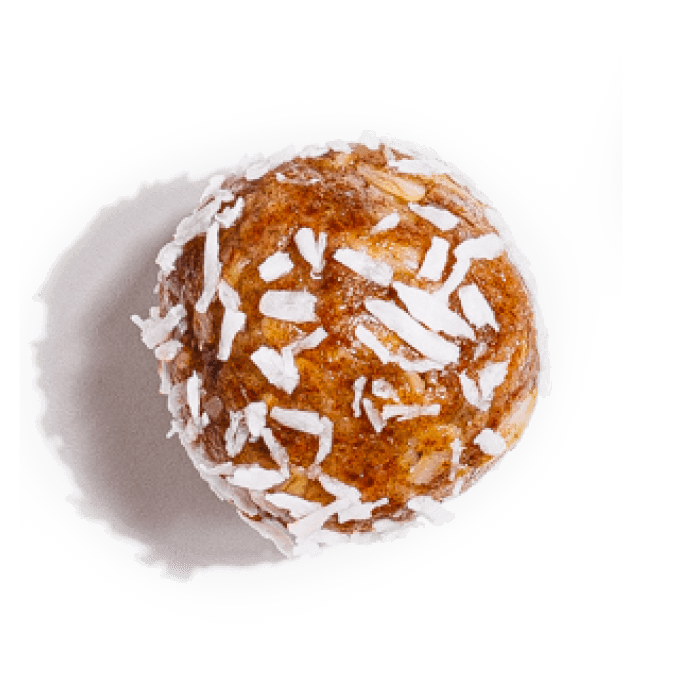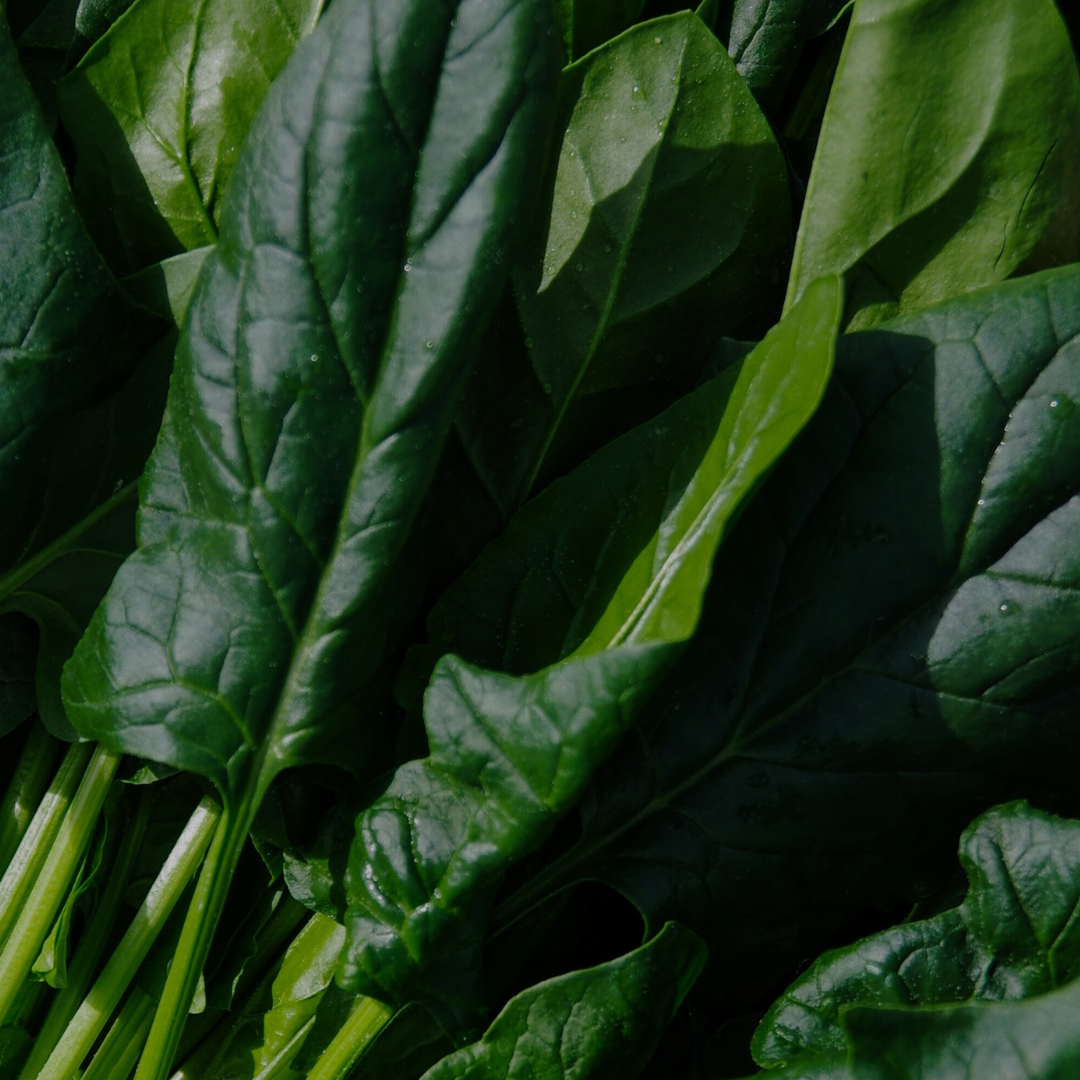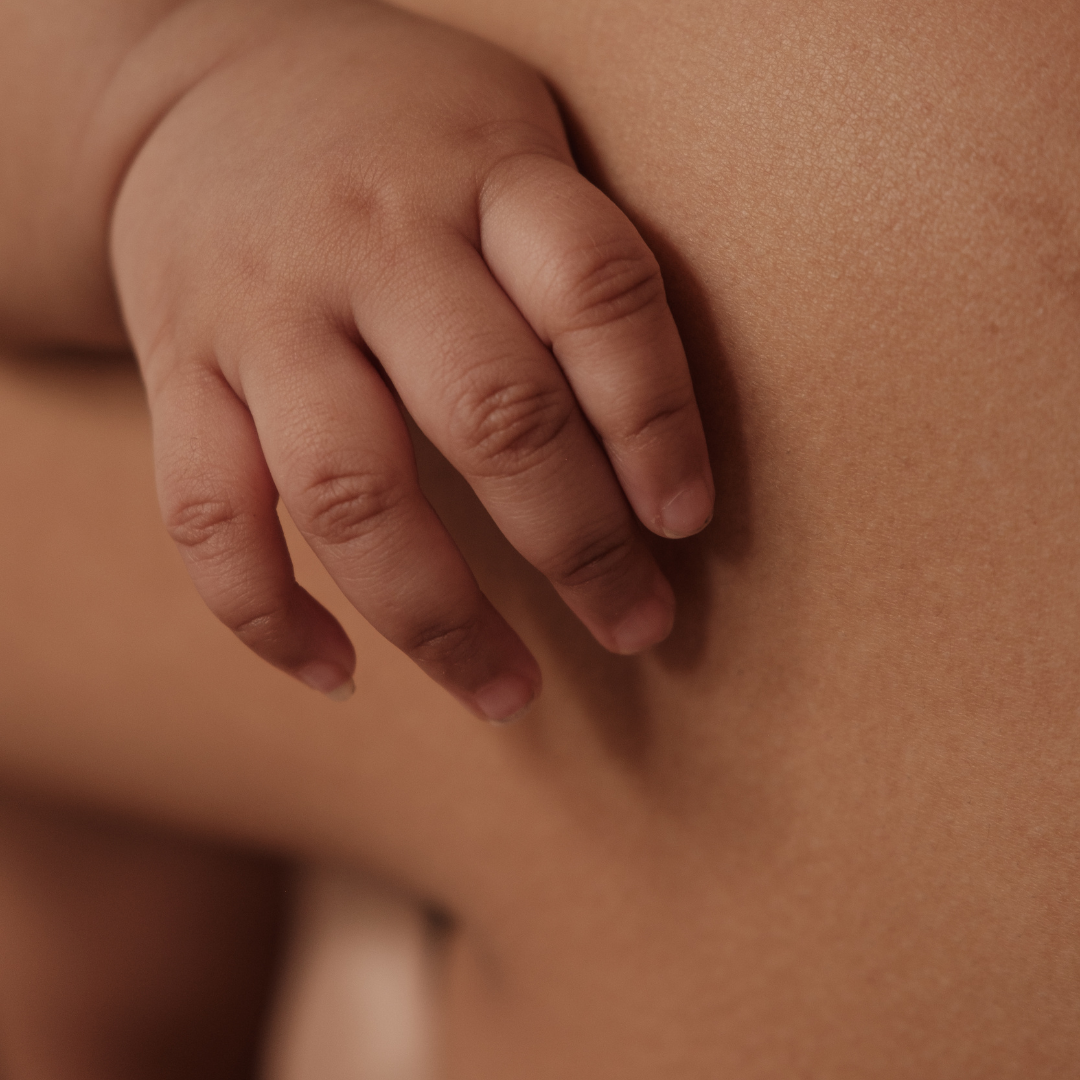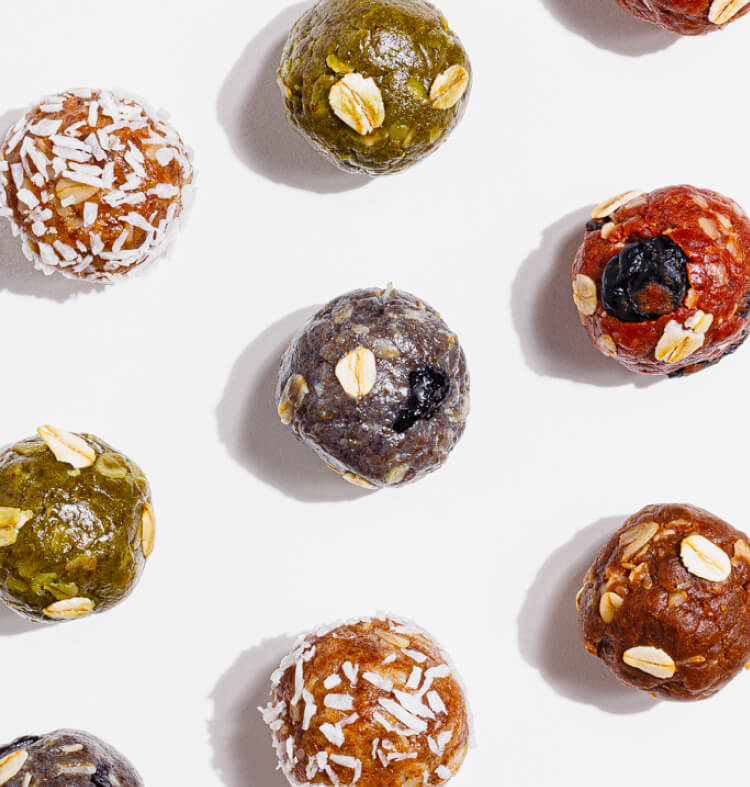By: Louise Gottsche
For most of us, worrying about what we should eat to ensure we provide the best possible nutrition to our babies, comes close second to worrying about our breast milk supply. Mamas may also wonder if what we eat may affect our babas in a potential negative way. Generally speaking, there are less foods to avoid whilst breastfeeding compared to pregnancy, but the below may help put your mind at ease.
1) Spicy, Gassy and Acidic foods
Breastfeeding mamas are often told to avoid spicy foods because it is believed that these foods will cause colic, gas, diarrhea, and rashes in baba. Strong flavors can change the smell and flavor of breast milk, but will not make baba more fussy.1 Consumption of a variety of foods will result in a variety of flavors found in your breast milk, which may ease weaning to solid foods and prevent picky eating.2
Eating “gassy'' foods such as cabbage, cauliflower, and broccoli may cause gassiness in mama’s bowel, however gas and fiber do not pass into breast milk. Acidic foods such as citrus fruits, pineapple, and tomatoes will also not affect breast milk, because they does not change the pH of maternal plasma.1
Some foods may cause reactions in infants, but these differ amongst infants. It is not reasonable to recommend that all breastfeeding mothers avoid certain foods as infants rarely react to foods that their mothers ate.1 Speak with your pediatrician if you think your baby is reacting to something in your diet, they can advise if you should consider eliminating certain foods.
2) Caffeine
Caffeine is found in coffee, tea, chocolate and some soft drinks. The amount transferred via breast milk is less than 1% of the amount consumed. Phew! So you can continue to have your morning cup. And can consume up to 3 cups per day.1
3) Alcohol
Alcohol intake negatively impacts breast milk volume. Alcohol also passes freely into breast milk. The concentration is related to the amount in mama’s blood. This means that the amount of alcohol baba consumes through breast milk is a fraction of the amount ingested by mothers, with the highest concentration 30–60 min after alcohol consumption.3
4) Water
Contrary to common belief, water or fluid intake is not directly related to breast milk production.1 However, it is important that lactating mamas consume enough fluid to stay hydrated. Mild dehydration may cause fatigue, headaches and may affect cognition.4
5) Herbal Remedies
Herbal or natural remedies are often consumed by lactating mama in the hope that it will increase milk supply. However, the majority of galactagogues are poorly studied with very little or no evidence about efficacy and safety.5 So be careful Mama about what you decide to consume and remember that your breast milk production is based on how often you are emptying your breast, not what you eat, there is no magic cookie!
6) Mama Nourishment
Breastfeeding mamas need extra calories to cope with the additional demand of producing breast milk and taking care of baba. It is recommended you focus on eating nutritious food as it may enhance the quality of your breastmilk which contributes to enhanced nutrition for your baba. The quantity of some nutrients in your breastmilk are related to the amount you eat. These nutrients are vitamin A, B6, B12, folate, iodine, selenium and some fatty acids.6,7
Nunona Mama Balls can help enhance the quality of your breast milk as they contain essential nutrients that get transferred to your baba via your breastmilk.
References:
- Jeong, G.; Park, S.W.; Lee, Y.K.; Ko, S.Y.; Shin, S.M. 2017. Maternal food restrictions during breastfeeding. Korean J Pediatr.60(3):70-76.
- De Cosmi, V.; Scaglioni, S.; Agostoni, C. 2017. Early Taste Experiences and Later Food Choices. Nutrients, 9:107.
- Haastrup, M.B.; Pottegård, A.; Damkier, P. 2014. Alcohol and breastfeeding. Basic Clin Pharmacol Toxicol. 114(2):168-73. doi: 10.1111/bcpt.12149.
- Pross, N. 2017. Effects of Dehydration on Brain Functioning: A Life-Span Perspective. Ann Nutr Metab. 70 Suppl 1:30-36. doi: 10.1159/000463060.
- McBride, G.M.; Stevenson, R.; Zizzo, G.;Rumbold, A.R,; Amir, L.H.; Keir, A.K.; Grzeskowiak, L.E. 2021. Use and experiences of galactagogues while breastfeeding among Australian women. PLoS ONE 16(7): e0254049. https://doi.org/10.1371/.
- Kominiarek, M.A. and Rajan, P. 2016. Nutrition Recommendations in Pregnancy and Lactation. Med Clin North Am. 100(6): 1199–1215. doi:10.1016/j.mcna.2016.06.004.
- Innis, S.M. 2014. Impact of maternal diet on human milk composition and neurological development of infants. Am J Clin Nutr. 99(3):734S-41S.







